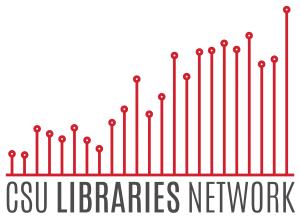How to start?
- Find an advisor to work with. Advisors, especially faculty advisors, have an understanding of their discipline and can help facilitate or direct your research. They can assist your writing and help you find a journal to publish in.
- Learn the basics of academic writing. There are many resources available, but the Excelsior Online Writing Lab (Excelsior OWL) and the Purdue Online Writing Lab (Purdue OWL) are two of the most comprehensive of the free sites.
- Take advantage of campus writing tutors and studios. These free peer-to-peer services exist on most campuses. Whether you’re crafting a proposal for a paper or writing the paper itself, getting a third-party perspective on your writing is invaluable.
- Find a journal to publish in. Ask your advisor or college librarian about journals they recommend. Look at the journal names of the works you’re using on your research. Explore the library research guide under your discipline. If your campus library research guide does not list journals for your discipline, there are plenty of universities out there that do.
- Consider campus journals. Campus peer-reviewed journals provide customized experiences for those writing their first articles. Those journals are more often geared to working with you to develop and publish your work.
- Beware of predatory journals. Make sure any journal you’re considering is known in the field or has a trustworthy affiliation (university, professional association, etc.). Refer to Think. Check. Submit or Wikipedia’s Predatory Publishing page for more information.
- Don’t limit yourself to a research paper. One research topic can provide a multitude of publishing opportunities. Conferences may offer options to publish a research poster, conference proceedings article, or your presentation itself. Your campus might provide opportunities to publish presentations, research posters, digital stories, infographics, podcasts, and videos. Your library is a good place to start discovering what options might be available.
- Reach out to a librarian. Librarians can help you with your research, citations, and may even have advice about publication options. They are also knowledgeable about campus resources and services that may be of help.
- Reach out to the IRB office. The Institutional Review Board can help guide and approve your research if it includes human subjects.

